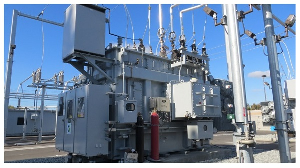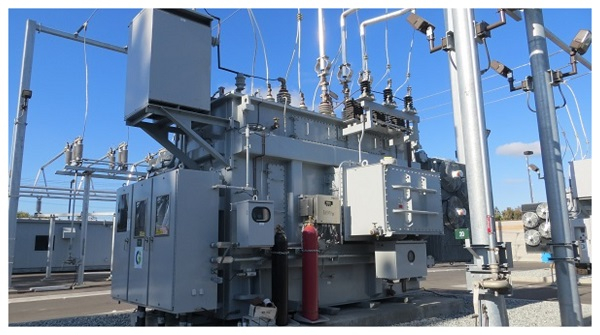 The PURC approved a 2.45 percent across-the-board increase in electricity tariffs effective July 1
The PURC approved a 2.45 percent across-the-board increase in electricity tariffs effective July 1
An energy analyst from the Centre for Environmental Management and Sustainable Energy, Benjamin Nsiah, has strongly criticised the recent electricity tariff increase announced by the Public Utilities Regulatory Commission (PURC), calling it untimely and lacking transparency.
The regulatory body has approved a 2.45 percent across-the-board increase in electricity tariffs effective July 1, 2025, citing movements in key economic indicators including exchange rate fluctuations, inflationary pressures, and rising fuel costs.
Speaking on TV3 on June 27, 2025, Nsiah argued that the upward adjustment for the third quarter of 2025 goes against sound regulatory principles.
He claimed the move appears driven by financial interests within government rather than a genuine need to reflect economic indicators.
“We think that this particular tariff adjustment has nothing to do with regulatory principles, but rather some government personnel wanting some huge sums of money from the power sector. And for that matter, they needed to introduce some price build-up or a new policy price build-up on the tariff structure to increase end end-user tariff for the third quarter of 2025,” he said.
He further accused power sector companies of benefiting from over GH₵1 billion in windfall gains due to the strengthening cedi, stating these funds could have been used to settle sector debts without burdening consumers.
“That gain could have also been used to settle these areas without introducing any new tariff increment on Ghanaians,” he argued.
Nsiah also raised concerns about the unexplained inclusion of a new “reserve capacity” charge in the tariff structure, insisting that such a key decision should have gone through stakeholder engagement.
“The reserve capacity is a major tariff decision that they ought to have engaged stakeholders because it’s something you are bringing on the tariff decision paper or on the tariff structure,” he noted.
He also questioned the addition of a 27% fuel cost component, demanding clarity on what the percentage applies to and why Ghanaians are being charged it.
“If you are going to add a new cost of fuel, which you’ve indicated is 27 % of that, let us know 27% of what and why the Ghanaian is paying 27% and that is the opaqueness of their argument. We don’t know why we are paying the 27% and we don’t even know the 27% of what,” he said.
The PURC has defended the increase, citing inflation and other macroeconomic conditions.
ID/MA
GhanaWeb Special: The gold market that fuels galamsey
